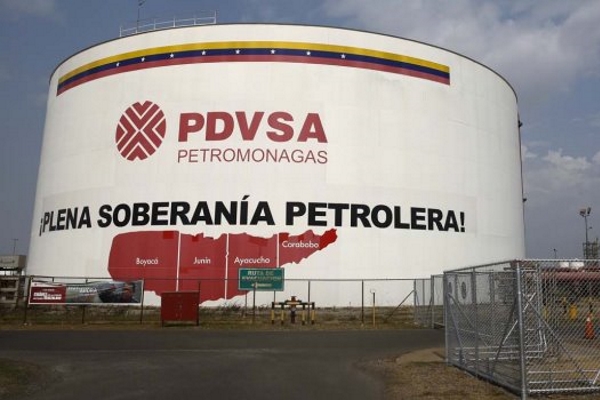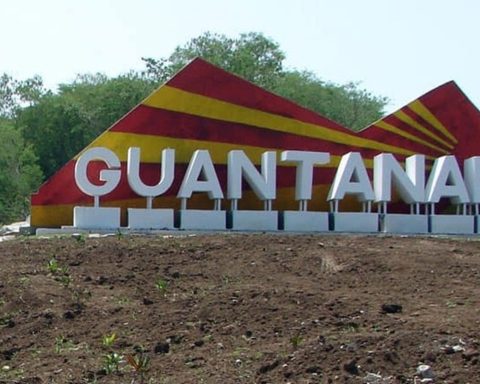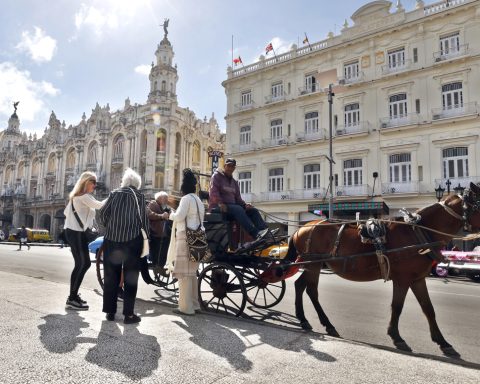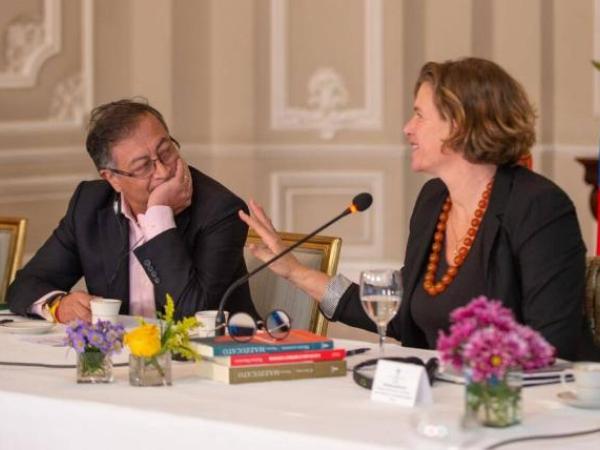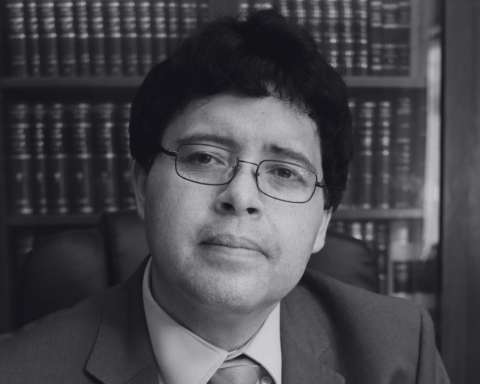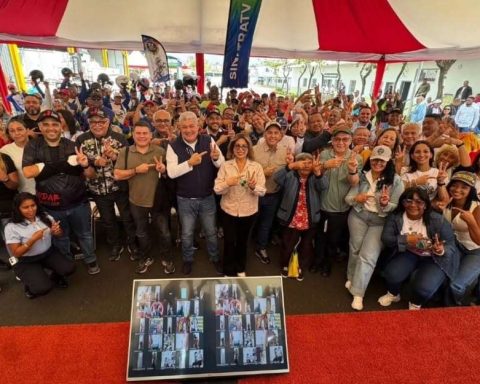MIAMI, United States. — When he was studying international economics in the 1960s, one of the explanations offered for the wealth of nations was their endowment with natural resources. So, countries were perceived as rich or poor based on their natural resources. Nations that had them in abundance were considered rich or potentially rich; resource-poor nations were destined to be poor.
Today we understand that other factors come into play. For example, in his book Why do nations fail? Daron Acemoglu and James A. Robinson argue that a nation’s economic problems are caused by a lack of inclusive political rights. Poor nations are poor because they are run by narrow elites who organize society for their own benefit. And there are rich nations because they have succeeded in creating inclusive political and economic institutions that allow everyone to participate.
Similarly, in his book goodbye to alms Economist Gregory Clark offers a cultural explanation for why some countries enjoy unprecedented wealth while others languish behind. After all, the key technological, organizational, and political innovations are well known, and all societies can employ them. So why isn’t everyone fully grown? Dr. Clark reasons that some societies “cannot instantly adopt the institutions and technologies of the most advanced economies because they have not yet adapted to the demands of productive capitalism.”
These theses offer new economic insights, although the endowment of natural resources of a nation is still seen by many as determining its wealth. The evidence shows another reality. we’ll see below a list of eight countries1 which have practically no natural resources, but are among the largest exporters and the most successful economies.
Japan, a volcanic island country with a large population, ranks fourth in the world as an exporter and 42nd in GDP. South Korea has advanced from abject poverty to industrial leadership. It ranks fifth in exports and 46th in GDP. Italy must import most of the raw materials it needs to produce; but it ranks ninth in exports and 50th in GDP. Hong Kong has little arable land and imports most of its food and raw materials; however, it ranks 8th in exports and 18th in GDP. Singapore shows how a small island can become one of the most prosperous economies in the world. It ranks 13th in exports and 7th in GDP. Belgium is heavily dependent on foreign raw materials. It ranks 20th in exports and 35th in GDP. Switzerland shows that not having a coast is not an impediment to being a leading exporter. It ranks 17th in exports and 16th in GDP. Taiwan was deprived of natural resources by the Japanese colonial occupation. Today it ranks 15th in exports and 28th in GDP.
The myth of natural resources was first exposed by Julian Simon (1932-1998), demonstrating that the human mind is the ultimate resource. The mind is what creates what we call resources; or, as Donald Boudreaux of the American Institute for Economic Research puts it: “there are no natural resources.”
Yes, nature created genres like oil; but it was human creativity that transformed oil into a resource. Nature creates raw materials, not resources. Human ingenuity and effort are what transform raw materials into resources.
Raw materials become resources only when human creativity discovers how to use them to satisfy our needs. Oil existed for millennia, but it had no use, for example, for the Native Americans. It didn’t become a resource until we figured out how to extract and use it. Land was not a resource until we learned to cultivate it for agricultural purposes.
Environmentalists ignore one implication of Professor Simon’s work: economic development does not promote resource depletion. Rather, economic growth prevents resource depletion by allowing more creative minds to survive, interact, and innovate. Prosperity makes possible greater quantities of the fundamental resource: human minds.
1 original data in the World Fact Book of the Central Intelligence Agency
OPINION ARTICLE
The opinions expressed in this article are the sole responsibility of the issuer and do not necessarily represent the opinion of CubaNet.
Receive information from CubaNet on your cell phone through WhatsApp. Send us a message with the word “CUBA” on the phone +525545038831, You can also subscribe to our electronic newsletter by giving click here.
